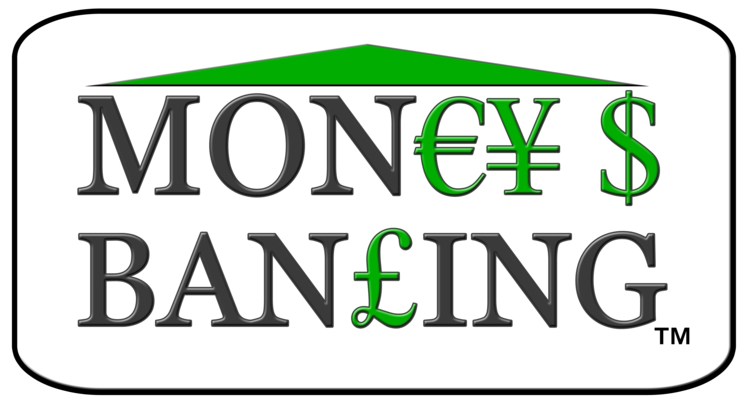Two weeks prior to their regularly scheduled mid-March meeting, the members of the Federal Open Market Committee (FOMC) voted unanimously to cut their target policy rate by 50 basis points to the 1 to 1¼ percent range. Policymakers attributed their exceptional decision to the “evolving risks” posed by the coronavirus. This move was the first inter-meeting policy rate shift, and the largest cut, since late 2008, at the depth of the financial crisis. Moreover, this time the move came against the background of a strong economy. Nevertheless, based on futures prices, market participants anticipate a further 75-basis-point cut in the target federal funds rate this month!
The coronavirus has thrust us into uncharted territory. Do central bankers really have any tools to guide us back to safer ground?
In the remainder of this post, we discuss the importance for policymakers of distinguishing between shocks to aggregate supply and demand. Importantly, while monetary policy can combat demand shocks, it can do nothing to cushion the impact of reductions in supply without sacrificing the commitment to price stability. The coronavirus shock involves some as-yet-unknown mix of these two very different types of shocks. Yet, given the limited amount of conventional policy space, and the decline of long-term inflation expectations, there is a good case for the FOMC to act rapidly and aggressively….
Read More
